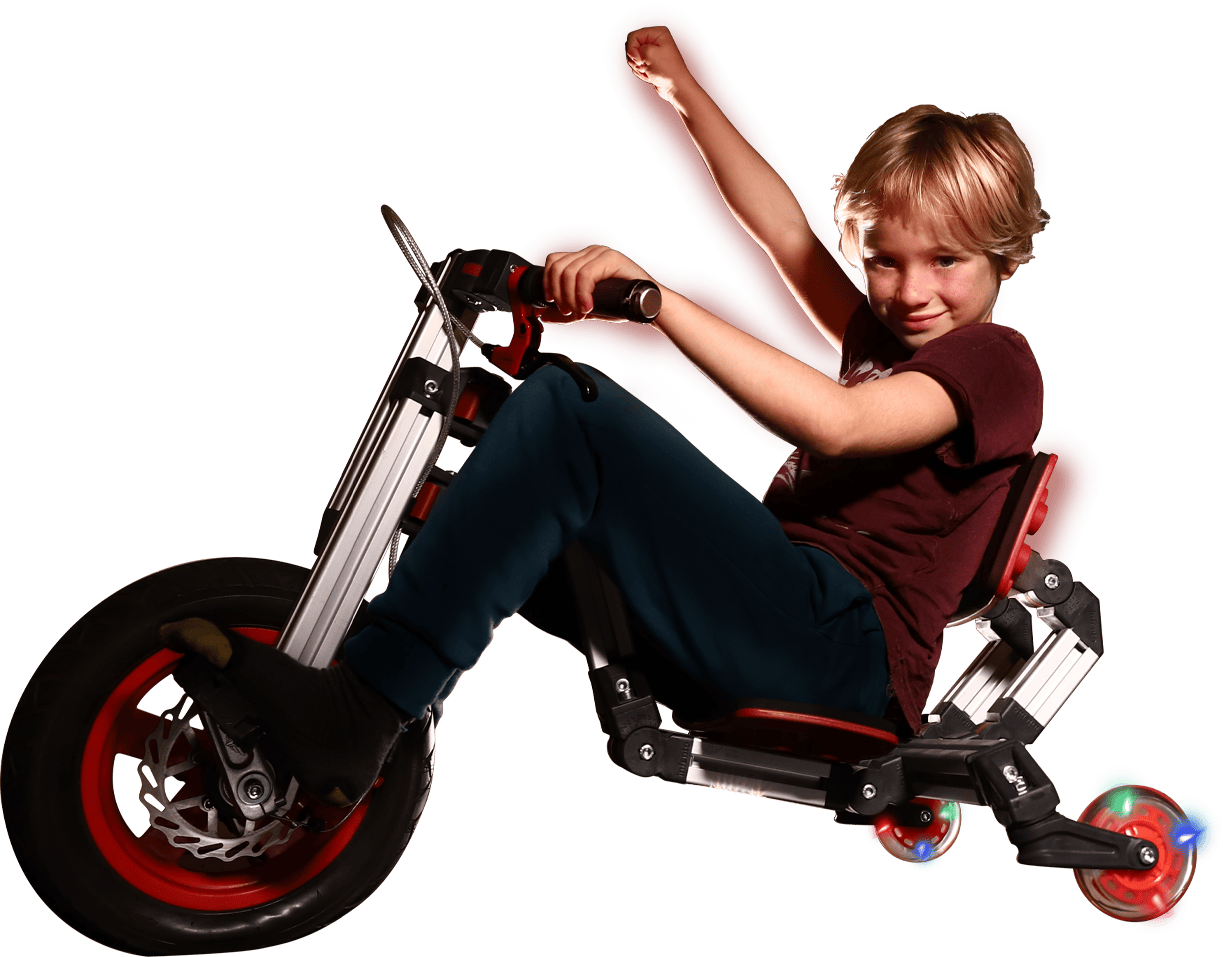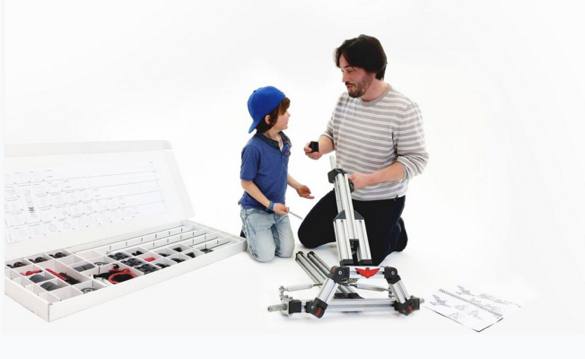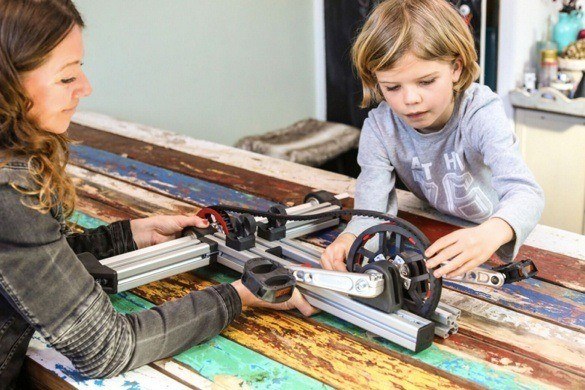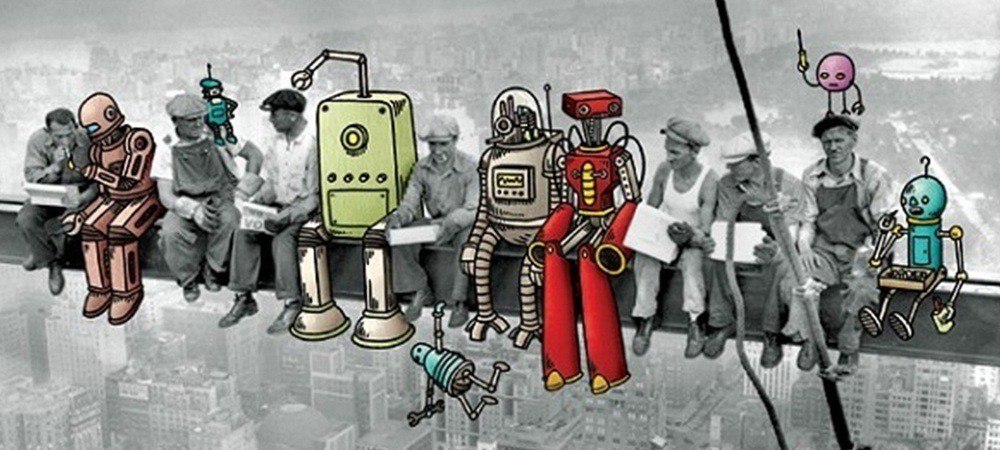
The top 10 skills your child needs for the jobs of the future
Has it ever crossed your mind that your kid might work on spacecraft engines in the future? Or prepare meat that’s ‘grown’ in a laboratory? The jobs of the future are unknown. What we do know is that we need to prepare our kids for the changing nature of work. The World Economic Forum advises to train kids’ creativity and critical thinking.
In this article we’ll show you the new ‘super skills’ of the future by showing the outcome of 4 extensive studies on this subject. You’ll also learn what kind of person will be ready for this change (with Rambo and MacGyver as role models). We’ll shortly talk about why the current school system isn’t sufficient and finally, we’ll explain why Infento can be one of the tools that can help your kid to get ready for the future. So please read on!
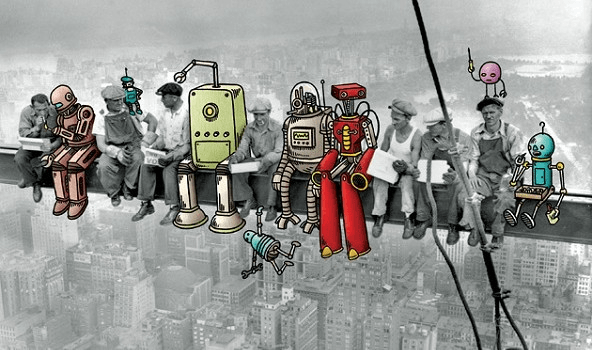
Rapid change of required skill set
In a few years, over one-third of skills (35%) that are considered important in today’s workforce will have changed (see report below). In the near future, the Fourth Industrial Revolution will have brought us advanced robotics and autonomous transport, artificial intelligence, machine learning, advanced materials, biotechnology and genomics.
These developments will transform the way we live and the way we work. Some jobs will disappear, other jobs will grow. Jobs that don’t exist today will become commonplace, like spacecraft engineer or ‘chief meat creator’ in a lab.
One thing is certain: our kids need a different skill set to be successful in future jobs.
The best 10 skills to have for the future
According to the The World Economic Forum (WEF) report The Future of Jobs; the key to future success is having a set of ‘innovation skills’.
The WEF has defined a list with top innovation skills needed in 2020 and beyond and compared that to the top 10 skills in 2015. The top climber for 2020 is Creativity, the top faller is Negotiation. Furthermore, Complex problem solving keeps a strong #1 position.
| 2015 | 2020 |
|
|
How would Rambo and MacGyver do?
An ‘innovation’ skill set may sound like a modern trend; something for hipsters and urban creatives. But it isn’t: we all have certain innovation skills. If your car breaks down, you use them. If the lasagna is burnt, you use innovation skills. Camping with the family and in-laws requires very, very strong innovation skills.
Let’s look at some cultural examples of the good old days and see if their skill set would bring them a successful career in the future. Let’s take Rambo. His skill set included a high amount of strength and stamina (‘grit’ as we would call it these days) and he also had some innovation skills because not everyone can set deadly traps in the jungle. And how about MacGyver, the ‘non-violent problem solver’?

Would Rambo and MacGyver have been ready for The Fourth Industrial Revolution? Rambo, nope, sorry (please don’t shoot us). He lacked the vital emotional intelligence and negotiation skills. MacGyver, yes. He scores 10/10 in the skill set. His creativity, complex problem solving and fine social skills would take him far into the 22nd century!
Schools systems are too slow and don’t focus on creativity
The challenge for schools is – and that’s why the WEF and leading business platforms make such a fuss over it – is that our education system tends to ‘educate’ these skills out of us.
The skills they teach in schools aren’t useless, certainly not (!), but there really is not enough focus on the critical skills needed to achieve success in the workplace of the future. It’s no longer just an A for maths that makes your kid a future success. Creativity and emotional intelligence are just as or even more important.
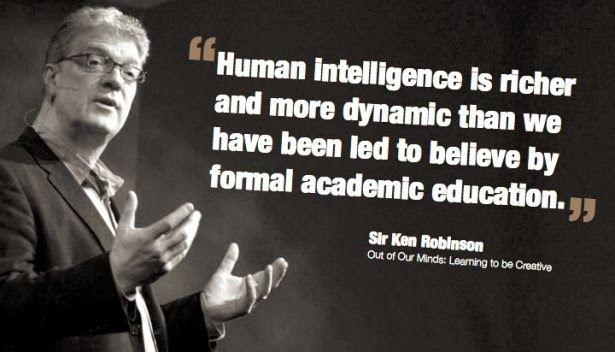
A problem we see, is that the traditional school system was not designed to equip children with these skills. All the standardized tests are more appropriate to create factory workers than creative individuals. A fascinating and eye-opening view which is also shared in Sir Ken Robinson’s TED Talk: Do schools kill creativity? (the most popular TED Talk ever, 50M+ views).
School systems are slow. They can’t adjust quickly enough to the fast-changing needs of society. So for now it’s up to us, the parents. Good news: there are many fun ways to prep your kid for the future. One of them, yup, you guessed it, is Infento!
Train your kid for the future
Building an Infento ride with your kid is fun and gives a lot of family quality time, but it also helps your kid to develop important future skills.
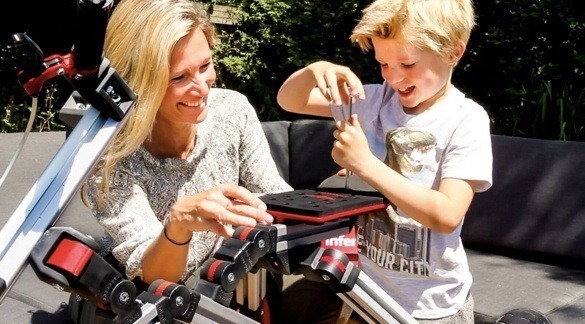
Here’s how Infento stimulates the top 5 skills, as defined by the WEF.
- Complex problem solving
Making a cool ‘Booster’ tricycle from a tool kit with 308 parts is a pretty complex problem to solve. Help your kids to break down the big problem in smaller parts and solve those together step by step. - Critical thinking
Ask your child about things that he or she wants to change in the ride. How could it be even better, cooler, more beautiful? - Creativity
Let your child find out where to place parts like profiles, seats and pedals. What would happen if you would turn a few things around? Would the ride still be safe? Why not? And what other things can you make with all the modular parts. Which animal? A futuristic chair? Anything is possible! - People management
Work on the ride with your whole family and let your child take the lead. See what happens (and you may already see a glimpse of the leader-of-the-future). - Coordinating with others
Choose a ride or your own construction and divide the tasks. For this to work you need to touch base often and see if everything still goes as planned or if you need to make some changes.
3x more research on required future skills
The report of WEF is not the only one that points out that complex problem solving, creativity and certain social skills are getting more and more important. Below you will find the results of extensive studies conducted by IBM, AMA and Bloomberg. They interviewed a large group of CEO’s, managers and job recruiters.
IBM Global C-Suite Studies
Over 10 years, 17 studies, and 23,000 face-to-face interviews, IBM has gained and published insights from executives. Of greatest note to those interested in the value of creativity, IBM conducted a study in 2010 of more than 1,500 Chief Executive Officers from 60 countries and 33 industries globally.
The chief finding was that “chief executives believe that — more than rigor, management discipline, integrity or even vision — successfully navigating an increasing complex world will require creativity.”
The study also found that “less than half of global CEOs believe their enterprises are adequately prepared to handle a highly volatile, increasingly complex business environment. CEOs are confronted with massive shifts – new government regulations, changes in global economic power centers, accelerated industry transformation, growing volumes of data, rapidly evolving customer preferences – that, according to the study, can be overcome by instilling “creativity” throughout an organization.”

American Management Association (AMA) Critical Skills Surveys
In 2010, AMA conducted a survey of 2,115 managers and other executives about the critical skills employees need at every level in an organization.
A similar study was conducted again in December of 2012 by AMA. Here, 768 managers and executives were asked about the importance of the four critical skills (the ‘4C’ skills) that were highlighted from the first survey. 74.6% of the managers surveyed believe these 4C skills will be even more important for their organizations in the next three to five years.
The 4C Skills as defined by the American Management Association:
- Critical thinking and problem solving is defined as the ability to make decisions, solve problems and take action.
- Effective communication is defined as the ability to express ideas in both written and oral formats.
- Collaboration and team building is defined as the ability to work effectively with others, including those from diverse groups and those with opposing points of view.
- Creativity and innovation is defined by AMA as the ability to see what’s NOT there and make something happen.
Managers answered that their employees were currently average, at best, in terms of their development of these 4C skills. The pace of change (61.4%), and global competition (50.9%) were the top factors selected for why these skills were becoming more critical for organizations.
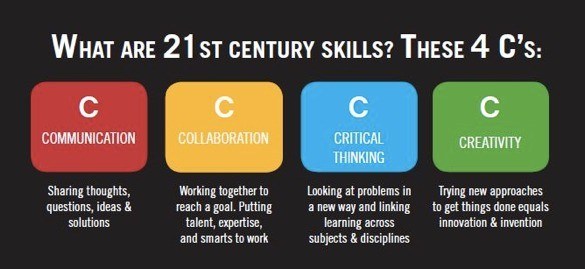
The Bloomberg Job Skills Report
As part of their research to rank business programs, a Bloomberg job skills study asked 1,251 job recruiters at 547 companies about the skills they want in their professionals but can’t find.
The most important ‘sweet spot’ skills are more desired, but less commonly found.
Across industries, these four skills are:
- Communication skills
- Strategic thinking
- Leadership skills
- Creative problem-solving
Other important skills included:
- Analytical thinking
- Work collaboratively
- Motivation/drive
- Adaptability
- Quantitative skills
- Decision making
- Risk-taking
- Industry related work experience
- Global mindset
- Entrepreneurship
Conclusion
The different studies show that we have a huge challenge in front of us. We know that the future workforce needs a different type of worker. We also know that schools aren’t going to fix this in time.
So we have to do it ourselves and think like MacGyver: “Maybe it’s about time I expanded the realm of possibilities around here.”
- Promote creativity and curiosity > Kids are curious by nature; let them be and push them to find out things for themselves.
- Make problem solving a fun thing > Use tinkering and construction toys; build a cool ride together!
- Let them fail and try out different possibilities > It may frustrate them at first but they’ll feel extremely proud when they’ve succeeded by themselves.
As modern parents you can start today and help prep your kids for a successful career by giving them a top skill set for the future!


